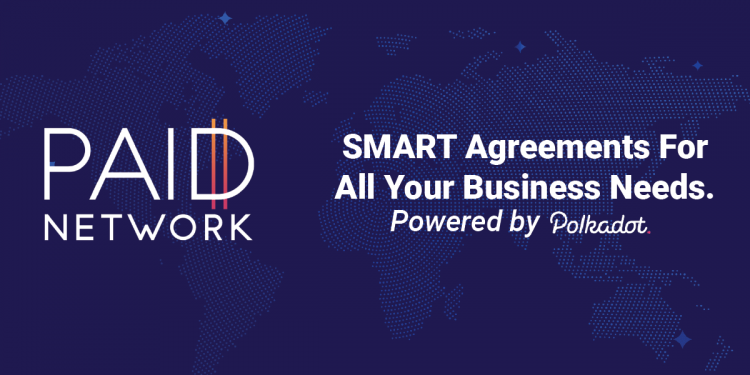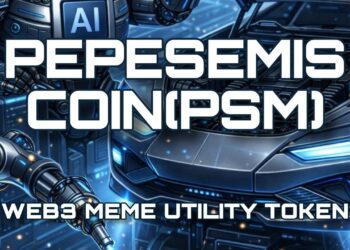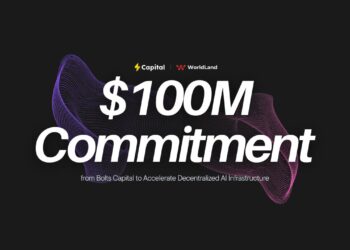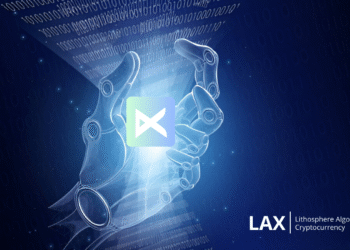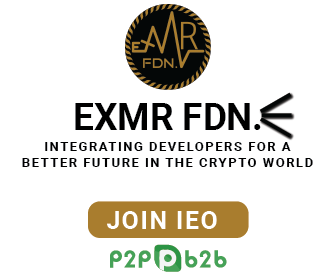Decentralized Law (DeLa) is a small but fast-growing component of DeFi. Unlike finance as a whole, much of law relies on more subjective interpretations of agreements. The nuance of one word or placement of punctuation can change the meaning of a contract. As such, it can be harder to code into immutable contract logic. There are several projects attempting to now tackle this problem. These include the likes of Aragon, Kleros and PAID Network, as well as potentially ancillary products like Nexus Mutual. We will take a look at each of these products and how each of them are tackling the issue slightly differently.
Aragon
Aragon is one of the original Ethereum ICOs. It aims to provide a new way of creating decentralized autonomous organizations (DAOs). By trying to provide a way of giving internet communities a means to organize around shared values and resources, it requires a way of settling disputes as any community will eventually have internal disagreements that require sorting.
To solve this, Aragon has introduced Aragon Court. Aragon Court is a dispute resolution protocol created to solve subjective disputes, with a set of jurors selected for each dispute. Jurors on Aragon Court are more likely to be selected the more tokens they have. Furthermore, a losing party can appeal the original decision. At this stage, the appeal is heard by a greater pool of jurors. A losing party can keep appealing the decision until the appeal is eventually heard by the entire network of jurors. This creates an interesting dynamic. Most decentralized platforms, particularly many of the early ICOs of which Aragon was one, see supply controlled by a limited number of people. By tying stake size to chance of being selected, and by allowing appeals to eventually include all jurors, the decision making is largely taken away from a random selection of peers, and instead handed to a small number of whales who dominate the token distribution.
Additionally, jurors are specifically not asked to vote impartially on disputes. They are instead asked “to rule the way they expect the plurality of jurors to rule.” This is because any juror who does not vote in favor of the final ruling will see their tokens slashed. Herein lies an important difference to voting for what jurors think the right decision is.
The final main point of difference to note is that Aragon Court is set up to enable dispute resolution to enable their core feature of facilitating DAOs to operate. The dispute resolution service is important to the core product, but it is not the main focus of the firm. As such, it lacks certain elements that the likes of Kleros and PAID Network includes such as SMART Agreements and escrow.
PAID Network
PAID Network is the newest project featured on this list, but contains a number of features not included elsewhere. The project, which will operate across both Ethereum and Polkadot, aims to deliver DeFi powered SMART Agreements to facilitate easy to understand and enforce contracts.
It works by the use of SMART Agreements, which are templates that aim to take away much of the complexity of business legal documents. These are simplified such that it is easy, in the event of a dispute, for jurors to assess the outcome and which party is in the right. Three jurors are selected on a random basis across all stakers on the network to arrive at a majority decision.
Furthermore, the project incorporates both escrow and insurance features, to make it possible to lock funds in a secure smart contract that can be released upon completion of the conditions laid out in the SMART Agreement. Either party can also take out insurance in the event that no escrow is provided. This insurance is provided from across the pool of PAID holders, who earn a premium for such provision.
PAID Network also includes verified reputations, which allows users to gain better insurance premiums and makes it more likely that others will want to do business with them.
Kleros
Kleros is the forerunner in decentralized dispute resolution. First launched in May 2017, the project aims to provide dispute settlement for smart contracts. It selects jurors on a random basis and each juror is meant to adjudicate based on which party is in the right. Jurors are rewarded in Kleros’ token, PNK.
Kleros shares many similarities with PAID Network, but the two projects differ in implementation. PAID Network is built around facilitating easy to understand SMART Agreements, while Kleros aims to provide a more normal legal experience, in which jurors assess based on the evidence in front of them. However, because the agreements can be complex and nuanced, disputes may often require subject matter expertise and rigorous scrutiny. This makes arriving at the correct decision more difficult.
Furthermore, although Kleros has introduced an escrow function, it does not currently offer insurance pools. There are many situations in which it may not make sense for both parties to provide escrow in many situations, particularly for contracts that may take a long time to resolve. Kleros also omits verified reputations, meaning that someone could potentially falsify account history to later defraud a party.
Nexus Mutual
Nexus Mutual is a protocol that allows people to insure themselves against the failure of a smart contract failing. For example, if you are staking USDT on Compound, you may wish to take out enough insurance to cover yourself in the event Compound is hacked.
It uses a dispute resolution process to facilitate the payout of such insurance claims. Claim assessors are used to judge if a claim for a payout is legitimate or not. All people who have staked tokens on a particular contract are eligible to act as judges. This creates a situation in which those voting have an incentive to deny the payout, and thus relies upon them caring about the future success of the platform more than their immediate desire to protect their funds.
Trustswap
Trustswap covers some of the same functionality as the projects listed above, particularly in facilitating OTC transactions. However, the direction of the wider project is slightly different. It focuses more on enabling token launches and presales – positioning itself as an “evolution in the ICO” – rather than a DeLa building block. As such, it is not attacking the same problem as the likes of Kleros or PAID Network.
DeLa is still in the early stages
Blockchain is a perfect technology for building a decentralized legal system as it provides an immutable ledger of all transactions. A protocol that facilitates an on-chain dispute resolution process for all your business needs, and records all agreements and subsequent disputes just as legal cases have been recorded manually for centuries, is the logical progression for the legal sector.
The best DeFi protocols have been the ones that have acted as building blocks for other projects to build on top of – Lego pieces, as they are often known. Just as there are many DeFi projects that combine to make a whole greater than their individual parts, we will rapidly see the DeLa sector expand as each company builds on top of the Lego pieces currently being created. Rather than adapting the traditional legal system and making it fit on blockchain, DeLa projects will hopefully be able to build something new which can revolutionize the dated legal sector.


